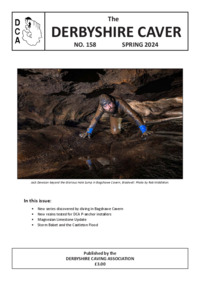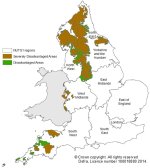JasonC
Well-known member
At the time of the last floods in places like Hebden Bridge, it was suggested that run-off had been exacerbated by land management practices of grouse moors (rather than sheep grazing) - in particular heather burning.
As I understood it, the idea was that if heather and scrub were allowed to regrow, more water would be soaked up, rain would take longer to reach the valleys and flooding would be reduced - but at the cost to the grouse and their 'owners'.
If this is true (and I'm only reporting what I heard, not what I know), then Simon is up against a very powerful and well-funded lobby group (ie the huntin' n' shootin' business) so I wouldn't count on Brexit helping at all.
The profits from this business, by the way, largely go to trusts held in offshore tax havens, so don't (on the whole) benefit local upland economies, as is often claimed.
As I understood it, the idea was that if heather and scrub were allowed to regrow, more water would be soaked up, rain would take longer to reach the valleys and flooding would be reduced - but at the cost to the grouse and their 'owners'.
If this is true (and I'm only reporting what I heard, not what I know), then Simon is up against a very powerful and well-funded lobby group (ie the huntin' n' shootin' business) so I wouldn't count on Brexit helping at all.
The profits from this business, by the way, largely go to trusts held in offshore tax havens, so don't (on the whole) benefit local upland economies, as is often claimed.



